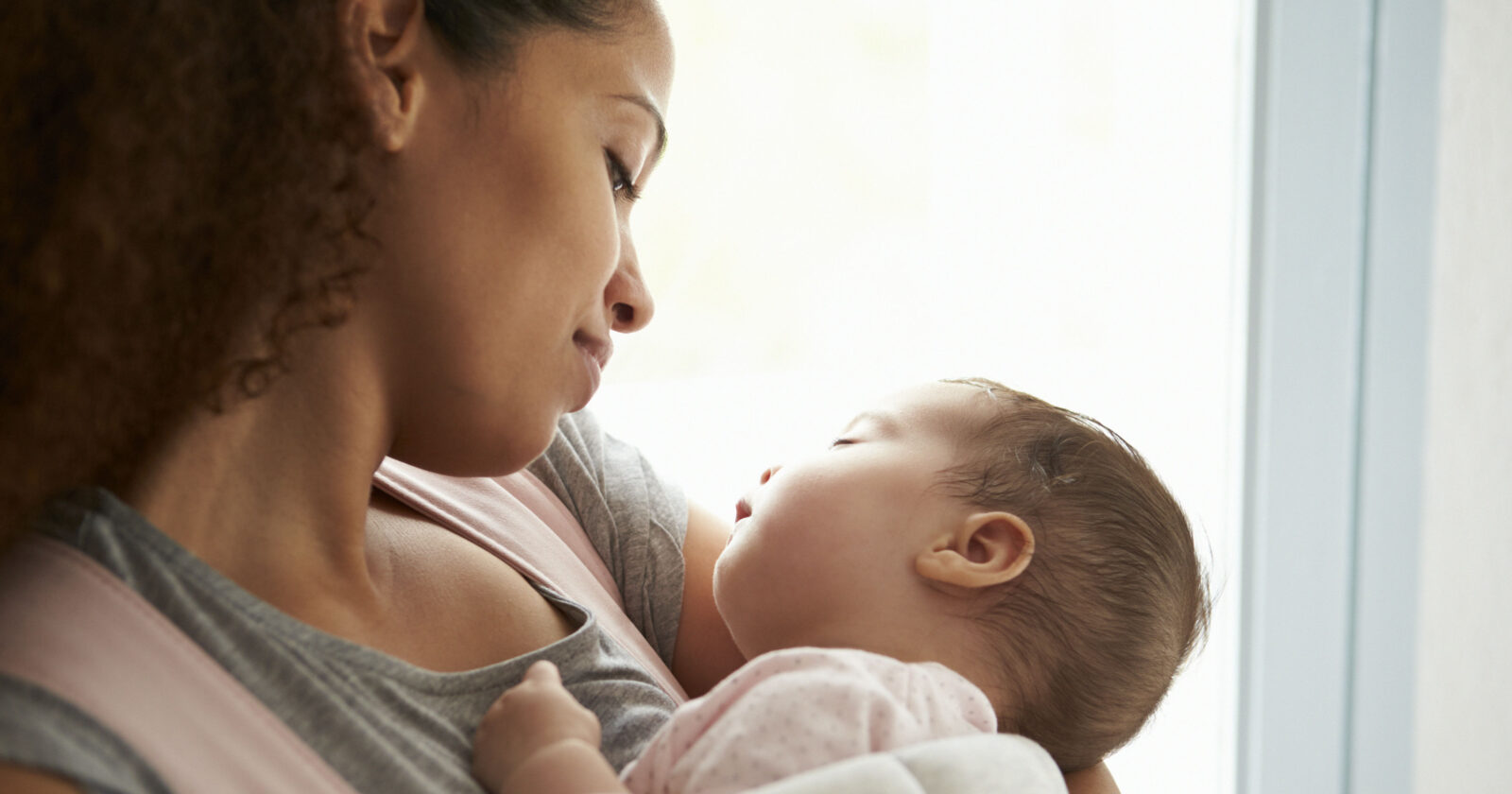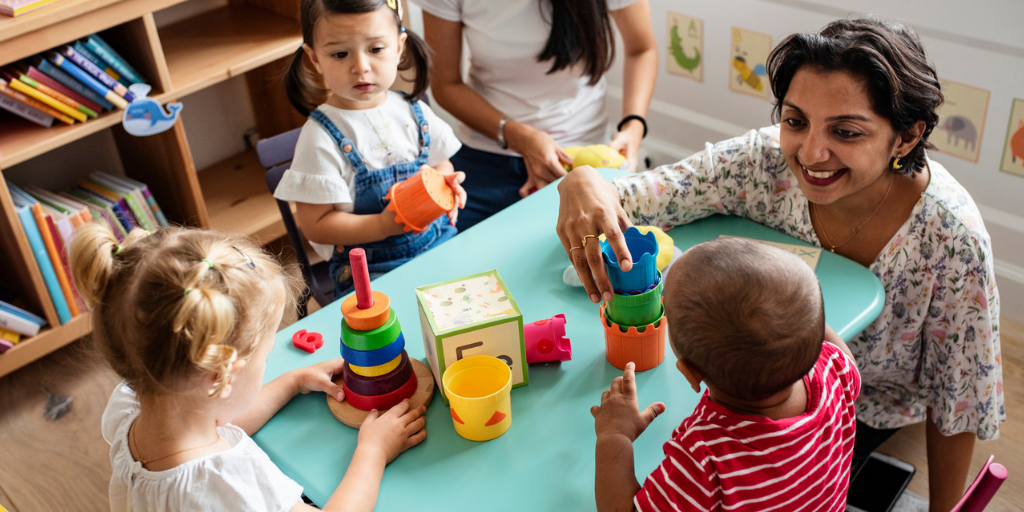One Year after MIECHV Reauthorization, Advocates Look to a Bright Future for Successful Home Visiting Services

Tomorrow, the Maternal, Infant, and Early Childhood Home Visiting (MIECHV) program celebrates the first anniversary of its bipartisan reauthorization, which extended the program through Fiscal Year (FY) 2022 at a funding level of $400 million a year. In FY 2017, MIECHV served over 156,000 parents and children and provided more than 942,000 home visits.
Evidence-based home visiting programs, like those made possible by MIECHV, pair families with limited support and resources with trained home visitors such as nurses, social workers, and educators. Home visitors meet with families at home and work with families from pregnancy through their child’s kindergarten entry to help lay the foundation for the health, education, development, and economic self-sufficiency of the entire family. Visits by caring, experienced professionals can turn good intentions into good parenting, breaking generations-long cycles of poverty, addiction, abuse, and despair.
This anniversary comes less than a week after the Eighth National Summit on Quality in Home Visiting Programs, the largest gathering yet with more than 700 practitioners and advocates. While celebrating the success of the recent reauthorization, the summit’s plenary sessions were forward-focused with topics that addressed expanding organizations’ reach and impact; using precision home visiting—home visiting that differentiates what works, for whom, and in what contexts—to customize interventions and improve outcomes; promoting maternal wellbeing and resiliency; and learning from the health visiting system in the United Kingdom, a universal model of home visiting for all families with young children.
Discussion at the Summit was further informed and influenced by the recent Mother and Infant Home Visiting Program Evaluation (MIHOPE) report, which was published in mid-January. MIHOPE studies the effects of evidence-based home visiting over time and included 88 local MIECHV-funded programs operating one of four evidence-based home visiting models: Early Head Start-Home-based Option, Healthy Families America, Nurse-Family Partnership, and Parents as Teachers. Among other conclusions, the report found the participating programs were generally well implemented with positive impacts on a number of family outcomes, including improved quality of the home environment, reduced frequency of psychological aggression toward the child, fewer emergency department visits for the child, and fewer child behavior problems. In addition to reviewing the MIHOPE findings, many sessions addressed how, along with existing home visiting research, the findings can help inform and improve program implementation to ensure services provided are cost-effective, evidence-based supports that truly meet the needs of families with young children.
As we mark the anniversary of MIECHV, we commend Congress for their bipartisan support and, given the program’s significant positive impact, encourage continued support for this critical piece of the continuum of care for children from birth through age five.
Subscribe to FFYF First Look
Every morning, FFYF reports on the latest child care & early learning news from across the country. Subscribe and take 5 minutes to know what's happening in early childhood education.



